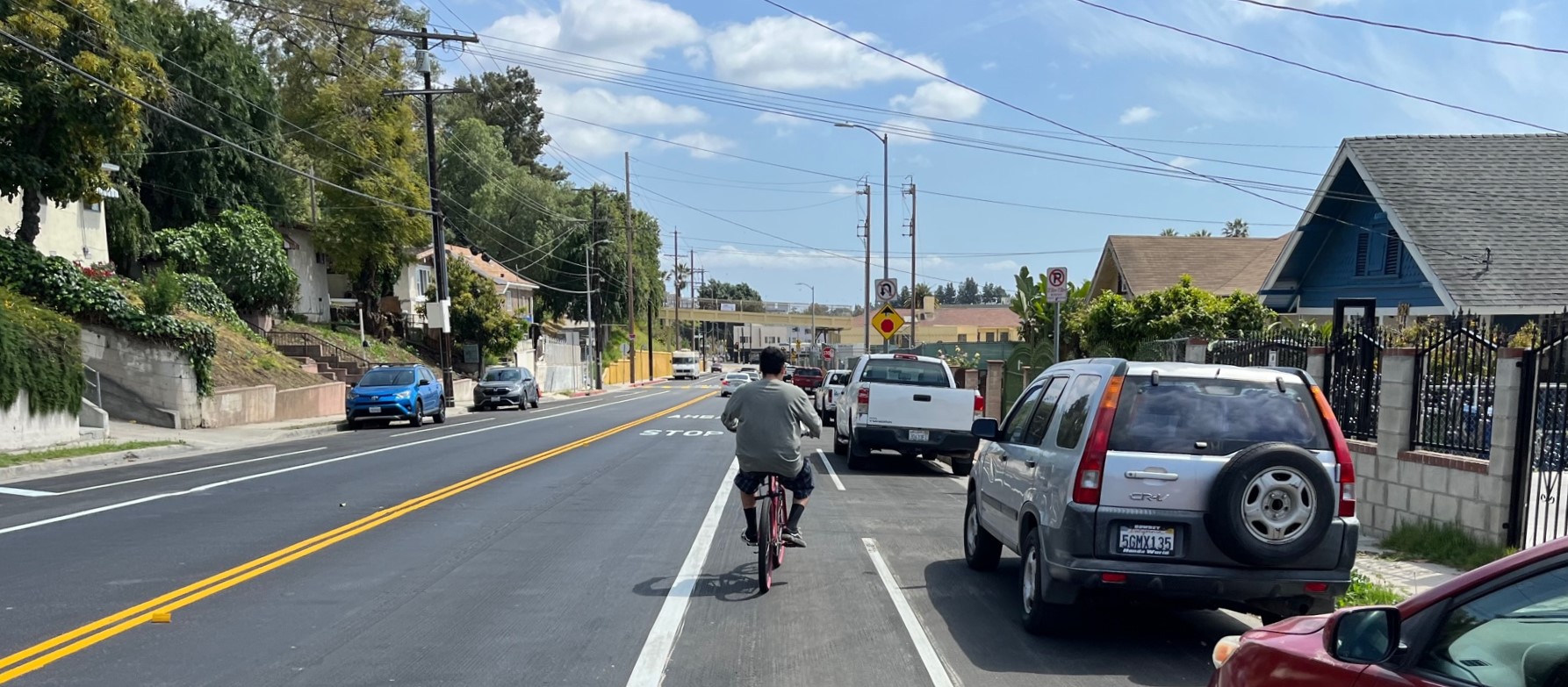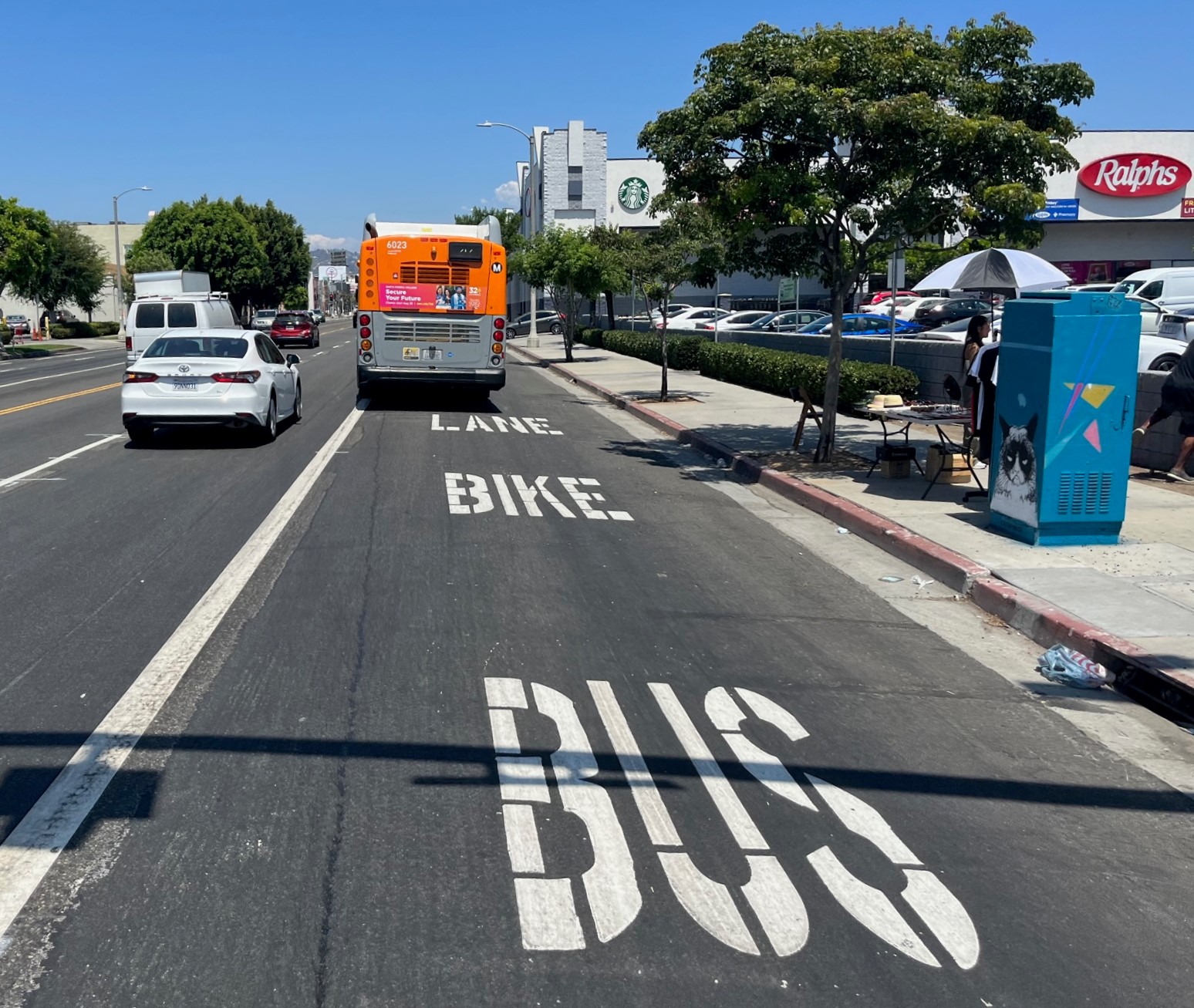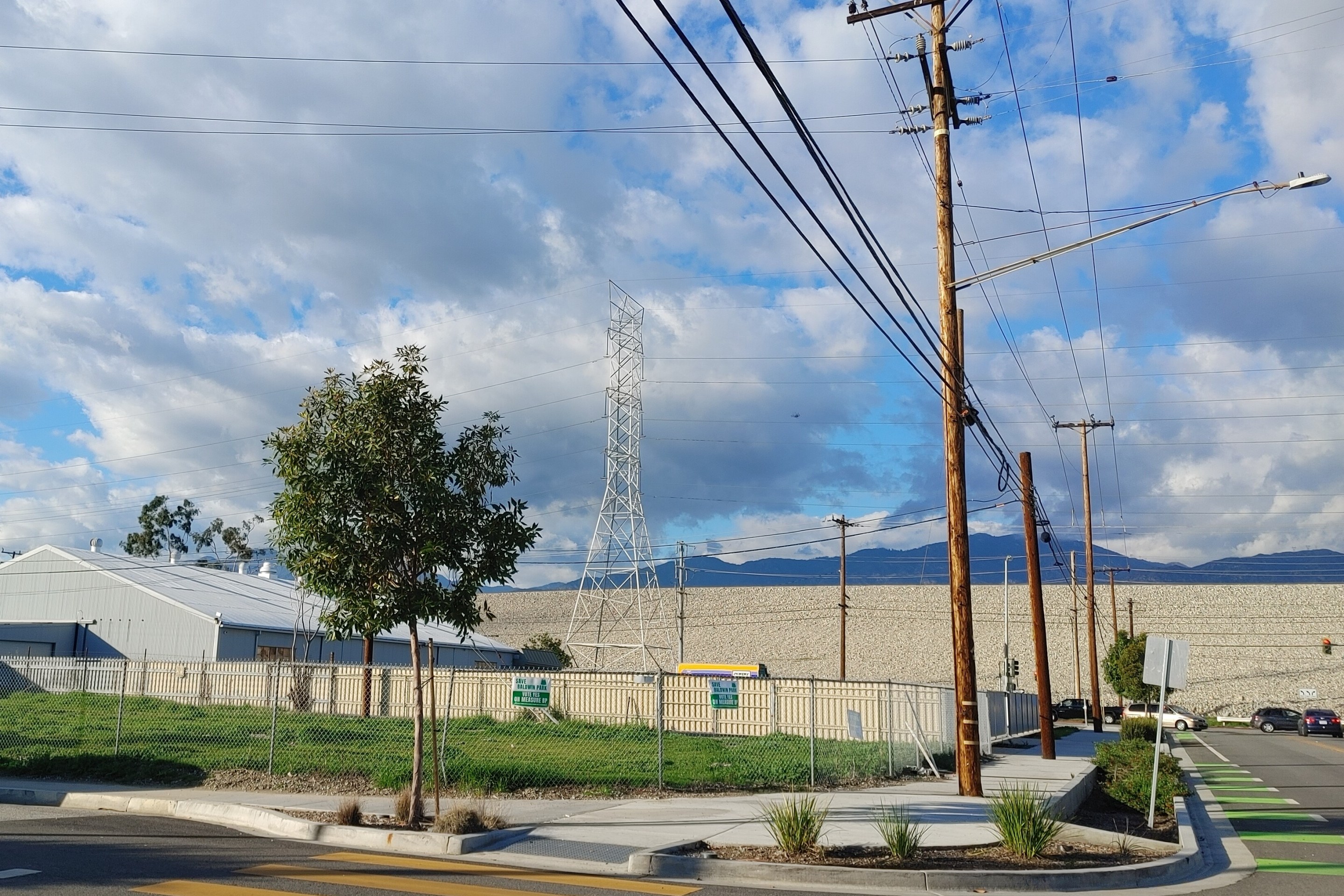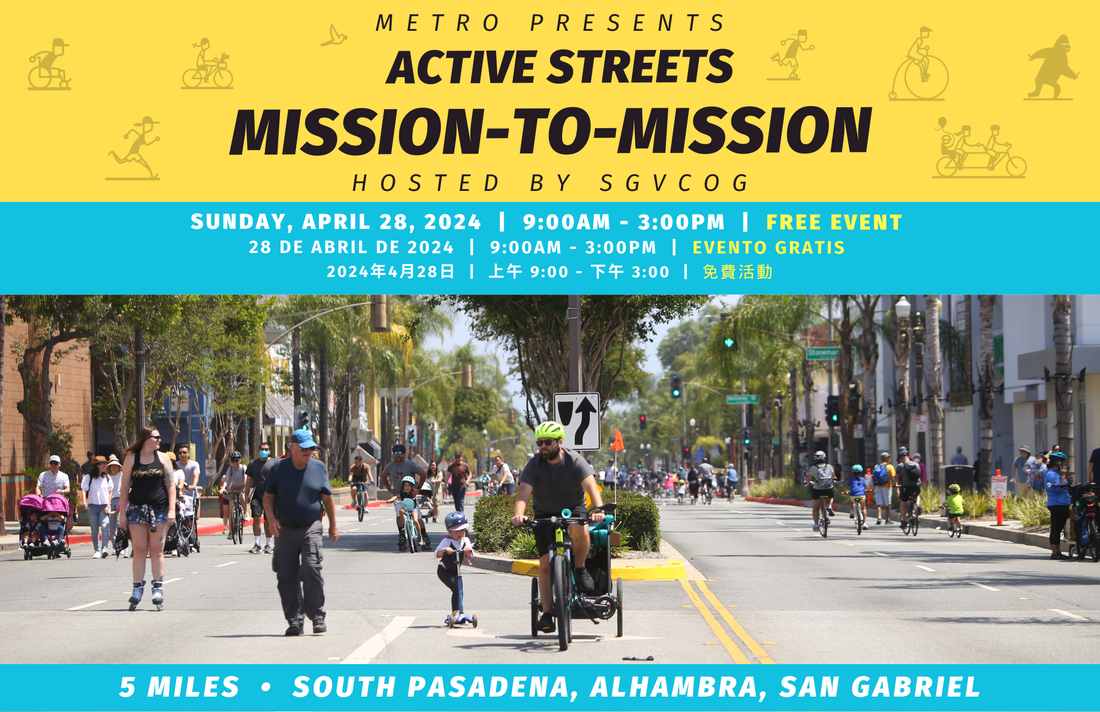The Los Angeles Department of Transportation reported on the success that car-sharing has had in the areas around USC and UCLA where spaces were installed on the streets around campus on September 14 of last year. The preliminary report showed that by adding the new spaces, which totaled twelve new spaces and cars for the entire city, membership in ZipCar jumped by thirty-five percent, which was the growth expected in the first year. ZipCar staff also noted that the cars are being rented for more hours than expected per day. They attributed the success to the "strong anchors" of the college campuses and the visibility offered by having the spaces appear on the streets.
However, just because the pilot-program has been an overwhelming success, there are no plans to increase the program beyond vague commitments to come up with new ways to expand the program.
Amir Sedadi, a senior staff member at LADOT explained to the City Council Transportation Committee one reason for the lack of energy. "I think the biggest challenge is the reality of the fiscal crisis that we have," explained Sedado. The staff report to the committee details a 22% staff shortage in the parking permit program keeping the city from working on expanding the program. Sedadi noted that there is an increase in demand for temporary permit parking, which floods the division and keeping them from working to expand the program. Sedadi also noted that there is a lack of local staff from Zipcar, so there is no opportunity to lean on the company to help fill in enforcement or other gaps.
Because of these challenges, non-zip cars often park in spaces designated for car-sharing which leads to customers not being able to find the cars and the Zip Cars being ticketed and towed.
There were three ways to expand the program that were discussed at the hearing. One obvious suggestion would be a partnership with Metro to create a car sharing program at transit stations with spots dedicated in the parking lots. This suggestion, first floated by Sedadi, was championed by Hilary Norton of Fixing Angelenos Stuck in Traffic (F.A.ST.) The good news is that The Community Redevelopment Association and LADOT are both in dicussion with Metro on how they can make that happen. The bad news? There was no timetable or outline presented on when this suggestion could become a reality.
Sedadi also mentioned the possibility of using ZipCars as pool vehicles for the city. LA Streetsblog has covered how other cities, such as Philadelphia and Seattle, have saved tens of millions of dollars every year by replacing their "take home vehicle fleet" with a car sharing program. Such a plan might be politically difficult, after all you're asking the Council Members to give up some of the cars dedicated to their staff. However, as we noted back in September of 2008,
For example, in Philadelphia the city replaced 330 vehiclesin its fleet with a car sharing program that saves the city millions ofdollars each year and provides for vehicular mobility for city workerswhen needed. With the finnancial stability of the city helping tostabilize their budget, the non-profit Philly car-share was able toexpand its membership to over 30,000 residents.
A last suggestion for expanding car sharing in Los Angeles came from Stephen Box, who has chronicled the efforts of Hollywood businessman Bechir Blagui to bring public electric charging stations to Hollywood transit stations that would be shared between an electric car-share program and privately owned electric cars. His City Watch Column from last November raises the question of whether or not the city has an exclusive contract with ZipCar (it doesn't) and if not why it isn't more supporting of local entrepeneurs trying to create car-share programs in their community. The run-around Blagui is given by the city is truly a frustrating read, but if you don't have time, here's the brief version:
Bechir's quest for a Hollywood car-share program, offering electriccommunity cars, supported by a charging station on Hollywood Boulevard,open to the public and accessible 24 hours a day, has led him to theLADOT, the DWP, Councilman LaBonge's office, City Council PresidentEric Garcetti's office, Assemblyman Mike Feuer's office, the CityCouncil, the streets of Santa Monica, the neighborhoods surrounding USCand UCLA and all he has to show for his travails is a request fromGarcetti's Transportation Deputy to do more research for a meeting nextmonth.
In 2008, both ZipCar and its national rival FlexCar had spaces throughout the city. However, when the two groups combined, it resulted in a huge net loss in spaces for car sharing in Los Angeles. In fact, the cars were only available on college campuses. Since then, the city has looked for small ways to bring car sharing back. Their first effort was to dedicate street spaces to ZipCars last year.
ZipCar and the LADOT will be back in front of the Council for another update in 120 days.





